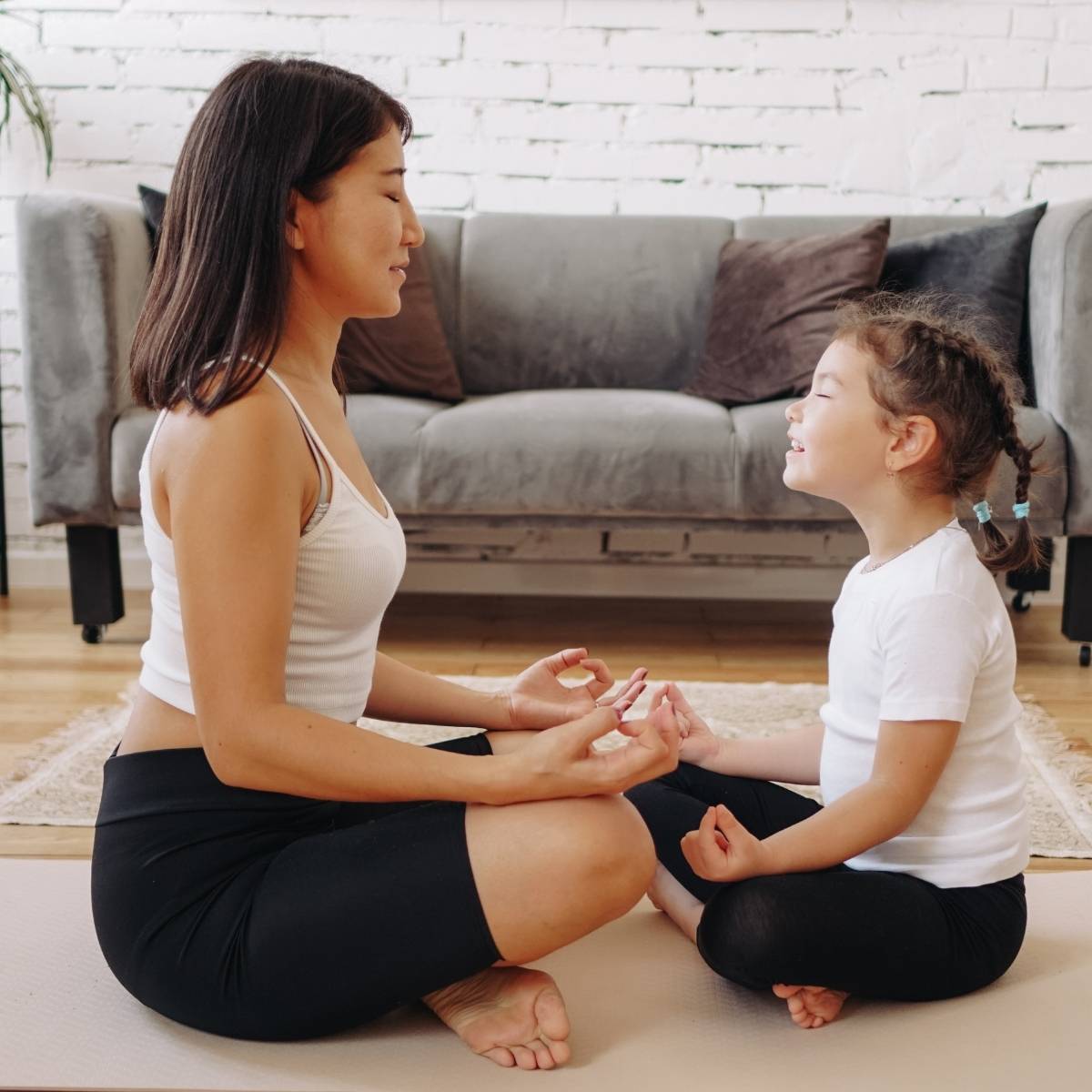Mindfulness is the practice of being present in the moment. When you are mindful, you are fully aware of your surroundings and what is happening around you.
This can be beneficial for your mental wellness and overall well-being. Not only that, but it can also help you be more productive and efficient in your work.
However, it can be difficult to be mindful all the time. Sometimes, people lose their presence and become wrapped up in their thoughts, which can lead to feeling stressed or anxious.
This is the reason why people should practice and improve this trait. Aside from making you feel good, it can also have a positive impact on your productivity.
There are many methods that can help people achieve better mindfulness. In this blog post, we will discuss five of the many ways to improve mindfulness.
Meditation
This is one of the most popular ways to improve mindfulness. It allows you to focus on your breath and be in the present moment. Additionally, it can help you control your thoughts and emotions.
There are many different types of meditation, so find one that works best for you. If you're new to
meditation, there are plenty of apps and websites that can help guide you through the process.
When meditating, find a comfortable spot where you can sit or lie down. Close your eyes and focus on your breath. Inhale and exhale slowly. If your mind starts to wander, gently bring it back to your breath.
Keep practicing, and eventually, you'll be able to train your mind to be more present.
Moreover, meditation doesn't have to be time-consuming. You can start with just a few minutes a day and work your way up from there.
Exercise
Engaging in
physical activity is a great way to have a better mindfulness skill. It can help you focus on your body and how it feels. It can also reduce stress and anxiety.
Any type of exercise can be beneficial. However, some people find that certain types of exercise are more helpful for mindfulness. These include yoga, Tai Chi and Qigong.
Like meditation, you don't need to spend hours at the gym to see results. Even a short walk can help you feel more present and clearheaded.
Since exercise also has other benefits, such as improving your physical health, it's a good idea to make it a part of your regular routine.
Yoga
Yoga helps you focus on your body and your breath. It also allows you to clear your mind and relax your body.
There are many different methods for yoga, so find one that works best for you. If you're new to yoga, there are plenty of applications and sites that can help guide you through the process. You can also go to the gym or a yoga studio.
Doing yoga in a comfortable spot can also impact your mindfulness. Make sure you're in a place where you won't be interrupted and that you're comfortable.
Wear comfortable clothing and focus on your breath. Inhale and exhale slowly as you move through the different poses. If your mind starts to wander, gently restore it back to your breath or the pose you're doing.
Mindful Eating
This involves being aware of the experience of eating, from the smell and taste of the food to the feeling of fullness. It can help you appreciate food more and avoid overeating.
When you're eating, take your time and savor the experience. Chew slowly and pay attention to the taste, texture and smell of the food.
In addition to that, be aware of your body's signals. Stop eating when you're full and don't continue out of habit.
You can also try to eat without distractions, such as TV or your phone. This will help you be more present and focused on the experience.
Practicing Gratitude
Thoughts like being thankful for the good things in your life can help you appreciate what you have and improve your mood.
You can practice gratitude by keeping a gratitude journal, where you write down things you're thankful for each day.
You can also try expressing gratitude to someone else. This could be a family member, friend or co-worker. You can write them a letter, send them a text or just tell them in person.
Lastly, you can perform acts of kindness. This could be volunteering, donating to charity or simply doing something nice for someone.
Mindfulness doesn't have to be complicated. Just find what works best for you and make it a part of your daily routine. With regular practice, you can train your mind to be more present and r
educe stress. You'll also start to appreciate the little things in life more.
Disclaimer: The content on this blog is for informational purposes only and is not intended as professional advice. Use this information at your own risk.








![Alcohol Replacement Drinks - What are the Healthiest Alternatives to Alcohol? [Updated 2023]](http://drinkmoment.com/cdn/shop/articles/alcohol_replacement_drinks_-_what_are_the_healthiest_alternatives_to_alcohol_updated_2023.jpg?v=1690209665)

